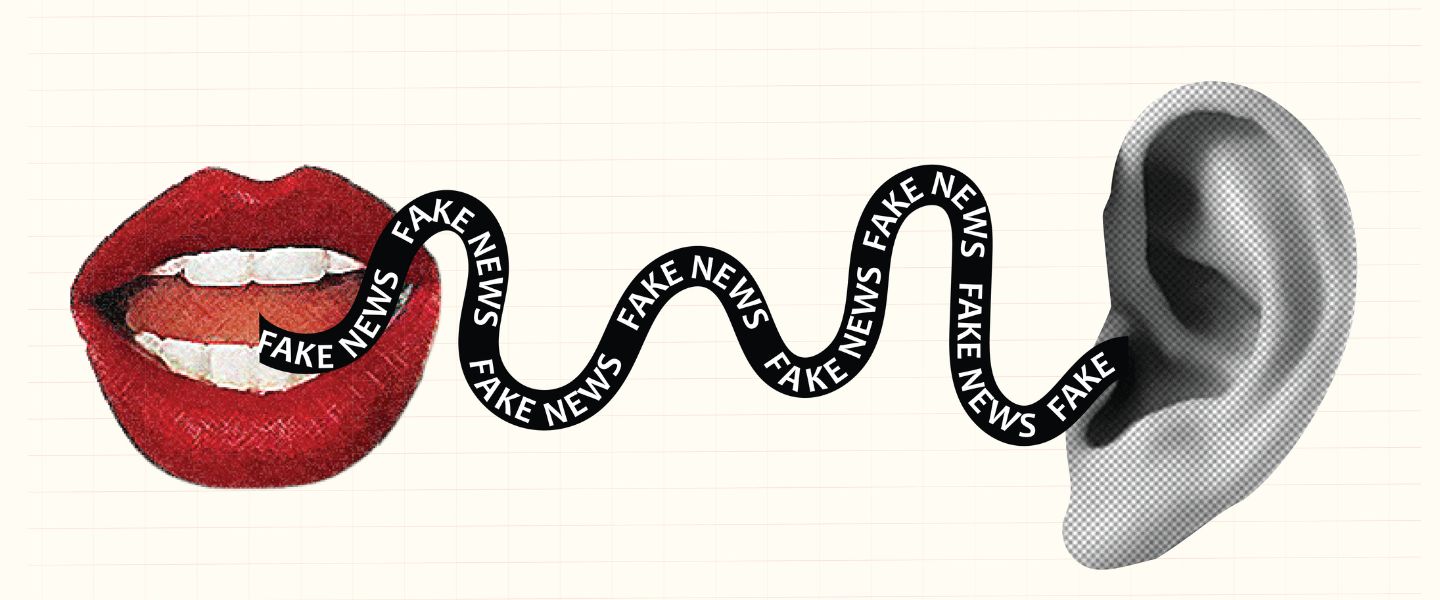
Is it time you went back to beige?
Beige gets a bad rap from brand consultants, but when you’re stressed, it’s hard to think clearly: you need to return to neutral first. To reset your nervous system, try going back...

by Lara Carty Published March 27, 2025 in Brain Circuits • 4 min read
A. Few or none; B. some of them; C. all of them.
A. Exclusively; B. to a large degree; C. to some extent – we also use evidence-based hiring practices.
A. Exclusively; B. to a large degree; C. to some extent – we also use evidence-based practices.
A. Not at all; B. to some extent; C. to a large degree.
A.Not at all; B. to some extent; C. to a large degree.
Mainly As: You need to widen your talent pool, and fast!
Mainly Bs: You’re on the right lines, but you’re at risk of missing out on talent with great potential.
Mainly Cs: You are well-placed to identify and hire the stars of tomorrow.
While it’s ideal to understand expertise across all positions, it’s often impractical for every role. Prioritize high-impact roles that provide a competitive advantage, where hiring and retention are particularly challenging, or where diversity issues persist.
Collaborate with experts and top performers to design and refine assessment and development criteria using insights gained through the Applied Cognitive Task Analysis (ACTA) methodology:
Foster skills acquisition and the effective application of knowledge. This involves a comprehensive strategy integrating targeted recruitment, structured onboarding, continuous learning, and performance support.
Design recruitment and selection processes to attract and retain individuals capable of achieving high levels of expertise:
When onboarding, emphasize the critical cues and strategies experts use in their work. Highlighting expert cues and common novice mistakes will prepare employees to meet the cognitive demands of their roles.
Your current experts are invaluable assets. Establishing systems to share, codify, and replicate their performance will give your organization a significant competitive advantage. This can be achieved through:
Align your performance management systems to develop and maintain expertise. This includes:
Gaining a deeper understanding of expertise can revolutionize how your organization defines, assesses, and develops talent, and help give you a competitive advantage.

Founder of Performance Habits
Lara Carty is the founder of Performance Habits, a coaching and consultancy practice. She is a former chief people officer, a registered psychologist, and a doctoral researcher in expertise. Her interest in high performance first developed as a Team GB youth athlete.

16 hours ago • by Francesca-Giulia Mereu in Brain Circuits
Beige gets a bad rap from brand consultants, but when you’re stressed, it’s hard to think clearly: you need to return to neutral first. To reset your nervous system, try going back...

February 11, 2026 • by Stefan Michel in Brain Circuits
Drawing on his recent IMD podcast with Amar Bhidé, IMD Professor of Management Stefan Michel debunks longstanding misconceptions about entrepreneurship....

February 10, 2026 • by Susanne May in Brain Circuits
Forget everything you’ve heard about genius CEOs, intuition, and heroic decision-making, says Susanne May – use Jensen Huang’s radical leadership of Nvidia as a blueprint to succeed in the AI era....

February 5, 2026 • by Michael D. Watkins in Brain Circuits
AI can do plenty in terms of learning and skills development – but educators and talent leaders also need to understand what AI tools should not be used for. ...
Explore first person business intelligence from top minds curated for a global executive audience